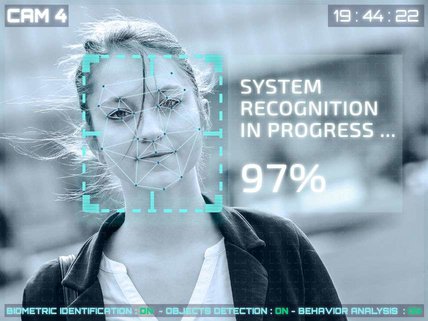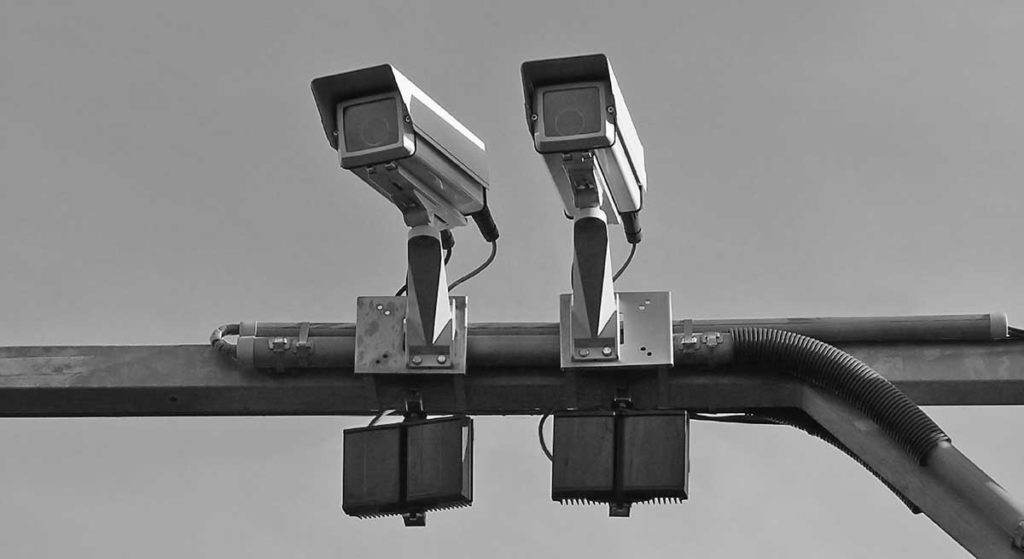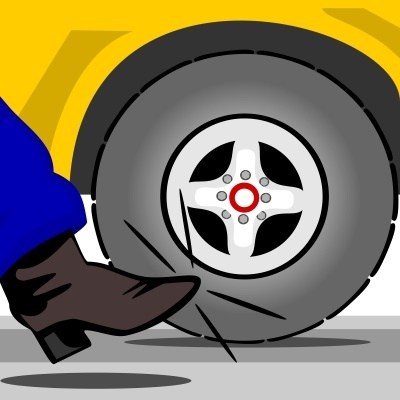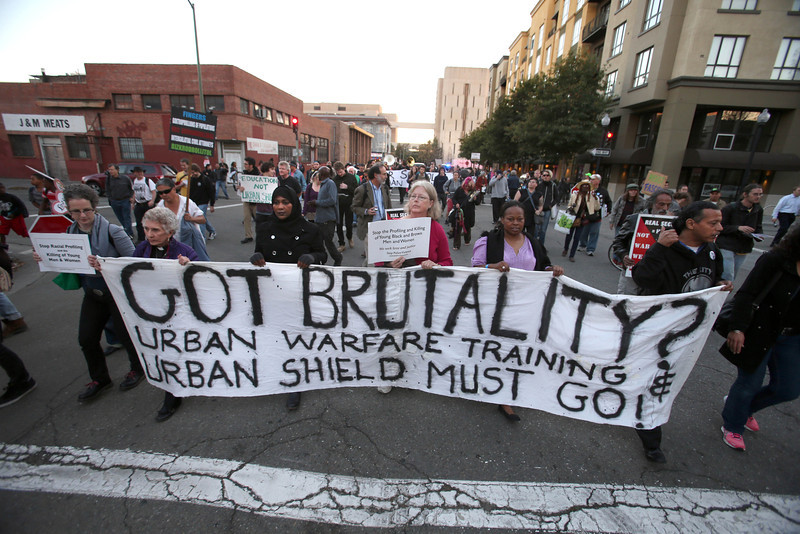Every March, the Department of Homeland Security gifts Bay Area law enforcement with funds for new equipment through the Bay Area UASI. 55 out of 146 requests will be fulfilled and the winners are ….
- The City of Vallejo and Highway 37 will get $90,000 worth of automated license plate readers.
- Sonoma County will get a $290,000 mobile incident command vehicle
- The City of San Jose will get $232,000 worth of new Shotspotter sensors, automated license plate readers and cameras and a $150,000 video downlink from helicopter
- The Santa Clara County Sheriff will get a $465,000 helicopter FLIR infrared system
- Here in Alameda County, the Alameda County Sheriff is preparing for mass fatalities with a $100,000 mass care trailer, a $100,000 Rapid DNA Instrument for Decedent Identification During Mass Fatality Incidents, a $250,000 Mass Casualty Incident bus and a $249,000 Emergency Mass Notification system.
- The City of San Francisco gets a $550,00 Tanker Truck.





